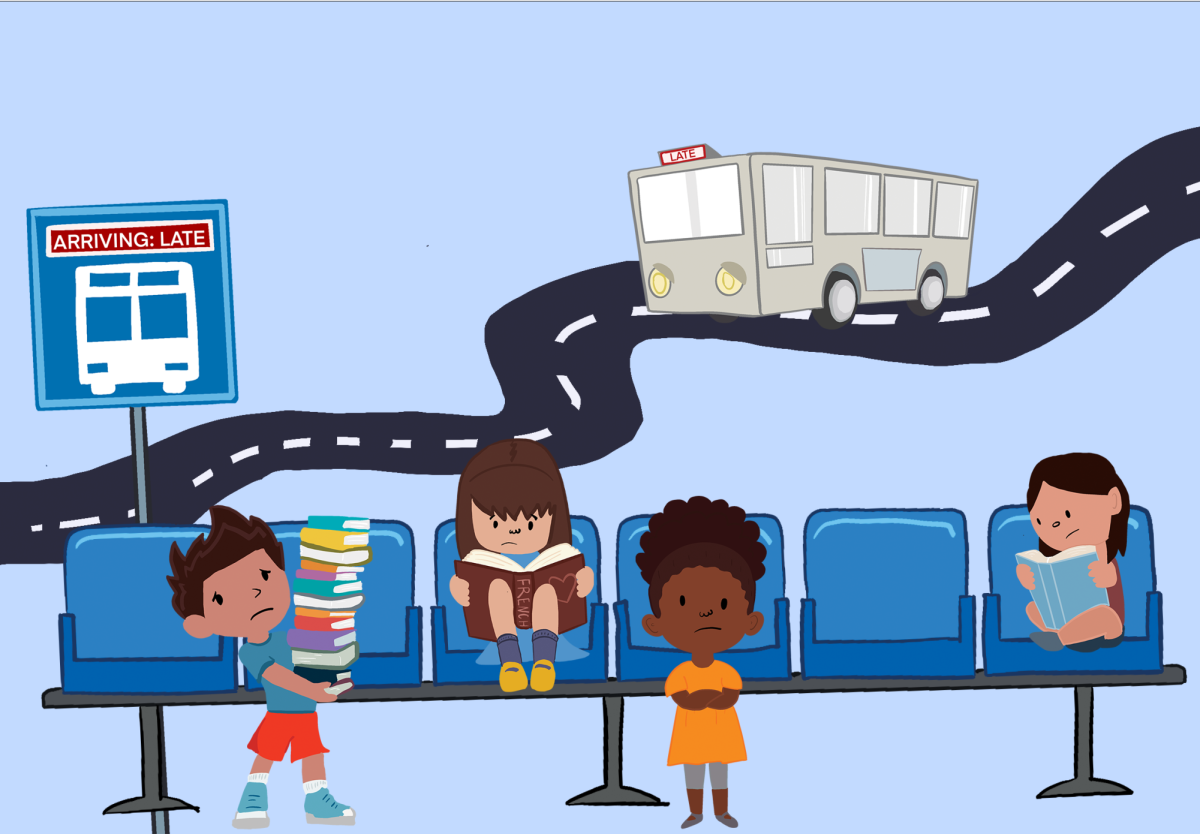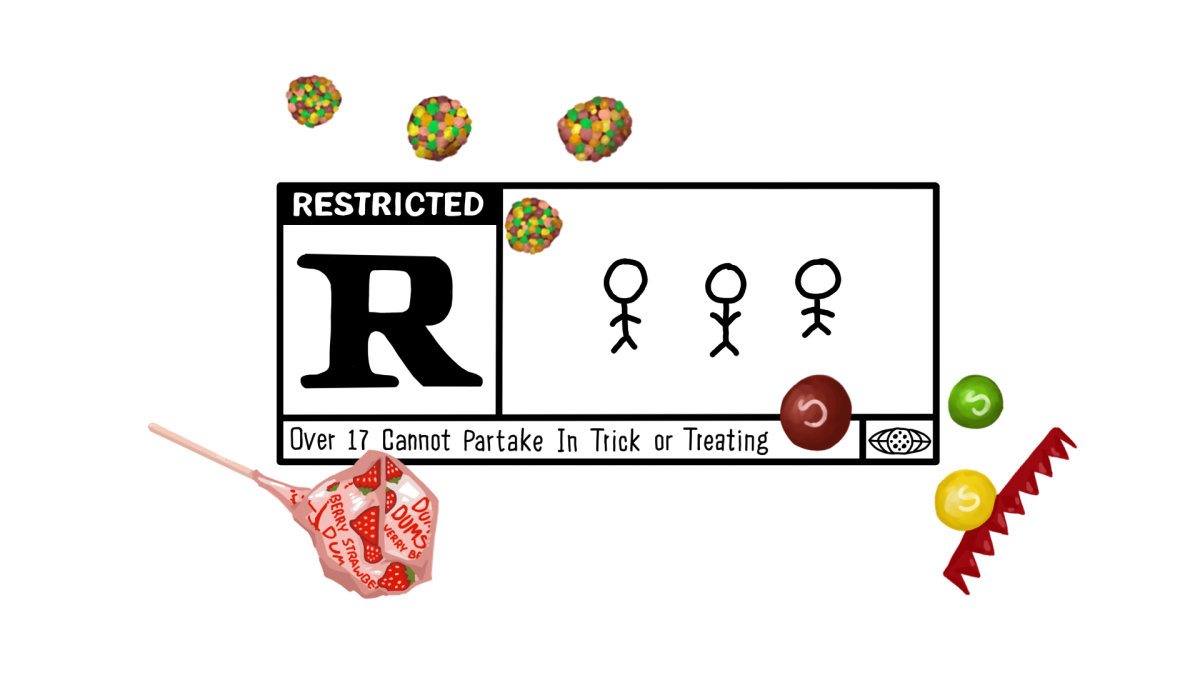We have all heard the phrase, “like father, like son.” But the deepest bond between family members truly lies between a mother and daughter, especially within immigrant families. The pressures from society and patriarchal systems shape this bond, creating complexities — and beauty.
A significant focal point of what can make this relationship unique is the empathy that powers this bond. Women have faced intense oppression and struggle with inequality in society and households, which is an ongoing fight that persists today. In a world where patriarchy holds power and control in most communities, it is common that women, including immigrant women, feel a sense of connection with others in similar situations. This connection amplifies the relationship between mothers and daughters, with guardians wanting to prepare their daughters to fight and endure a male-dominated society. This shared experience between the two allows the mother to provide valuable insight and fosters open conversations about societal problem-solving and healing from oppression.
However, as we move into more progressive mindsets and societies changing with every new generation, the culture shock can create a distance between two family members — especially among mothers brought up in a different country. According to Pew Research Center, around one million immigrants come to the U.S. every year. Having to adapt and raise children in a new country poses many different challenges in adjusting, especially when it comes to mothers parenting daughters. With different societal norms, such as marriage expectations and having the freedom to date or not get married at all, immigrant mothers and daughters born in the U.S. can face differences in their perception of such norms, especially around marital plans and relationships. Furthermore, with the “American Dream” allowing individuals the freedom to find success in participating in a capitalistic economy, mothers, especially immigrant mothers, may place pressure on their daughters to find success in their careers through making a lot of money. Many countries outside of the U.S. often enforce patriarchal norms on women, preventing them from pursuing competitive jobs. The idea that women belong in kitchens and the widespread pressure to be “good wives” can influence the way immigrant mothers view their daughters’ futures.
As a daughter of an immigrant mother, these differences often create confusion when my mother and I have different ideas. My experiences as a California native and participant in teenage popular culture can often come as a shock to my South Indian mother, and vice versa. Despite immigrating to the country over 21 years ago, there are things my mother cannot wrap her head around when it comes to the ever-changing American trends and culture. And, likewise, there are many things from her home in Karnataka that I may never understand either. But, I am lucky to have a strong bond with my mother such that uses these differences to make our relationship deeper. With time and understanding, I am grateful for her willingness to be open-minded and listen to different ideas and situations she never had growing up, inspiring me to learn more about her culture and the aspects of her community which has shaped her as an individual. Developing this relationship has allowed us both to connect with our common advocacy for women’s rights, despite our different backgrounds. With time and understanding, accepting our differences and learning to adjust to different perspectives makes me proud to have a truly special bond with my mother.
No relationship between an individual and their parents is the same, making every bond unique. Yet the bond between immigrant mothers and daughters can create a beautiful relationship stemming from a mixture of empathy and individual experiences. This bond is strengthened by empathy, but is also deepened with every woman having their own journey and stories to tell.















